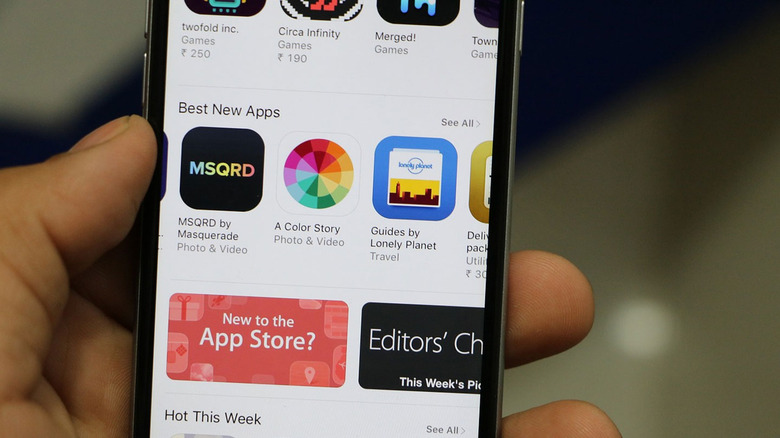Apple Could Turn Epic Games' App Tax Victory Into Unexpected Defeat
For years, developers and platform makers have been waging an almost silent war over how much each can really take out of every successful purchase or subscription. That struggle was brought to light recently when Epic Games not only publicly questioned the status quo but even dared to sue giants like Apple and Google. The repercussions of those lawsuits have so far gone in favor of developers and publishers, pushing app stores to make changes to the way they do business. Apple, however, may have found a loophole that would allow it to still tax developers even if they don't use its App Store payment system.
The 70/30 Rule
Few probably remember now when or where it started, but it has become an almost de facto standard that sellers take only 70% of profits while distribution platforms take a 30% commission. That practice may have become notorious on Apple App Store and Google Play Store, but that practice has been used by many stores, both digital and physical. Most of the digital games distribution channels like Steam use it but so do physical stores like Walmart.
It has been common practice for stores to impose some tax on owners selling their products through those channels, and it makes the most sense in the context of a brick-and-mortar store. App store owners like Apple and Google also justify the cut they get by saying how it goes into improving the store platform, usually by developing stronger security measures. Not everyone, however, buys those excuses.
Epic Games, for one, has cast doubt on any innovation Google makes for the Play Store to justify its 30% share. More importantly, the famed game developer and publisher calls into question the almost arbitrary restriction that Apple places on apps distributed on its App Store. In a nutshell, all the apps there have to use Apple's first-party payment system, which also means agreeing to that 70/30 split. Given it's nearly impossible to install apps on iPhones outside of that App Store, Epic Games has argued that this requirement is, in fact, illegal.

The Verdict
Epic Games' stance found victory both in courts of law and the court of public opinion. Indirectly, it has caused many companies to review and even change their policies. Microsoft, for example, pretty much made its own Store completely open and has waived many of the restrictions developers would encounter on Steam, the App Store, and the Google Play Store.
In some territories like South Korea, Google and Apple are being legally compelled to allow third-party payment systems in apps distributed through their stores. While Apple is still appealing that new law, Google has already accepted it, but with some caveats that we'll see later.
For its part, Apple has been making changes, like offering different tiers with lower taxes depending on what's being distributed or how much an app is making. One of its biggest changes is to allow apps to link to an external site when signing up for a subscription, and soon, it will also be required to allow linking to external payment systems. It's not a clear win for developers and publishers, however, and Apple might still have the last laugh.
The Loophole
9to5Mac reports that Apple might still be getting a commission out of payments made outside of the App Store, as long as the link to the external payment system comes from an app that was installed through the App Store. That, in effect, means all the apps that are installed on iPhones and iPads.
This pretty much circumvents the spirit of Epic Games' lawsuit as well as the rulings that are being imposed against Apple. The reason why developers would want to give up the convenience of Apple Pay or Google Pay for in-app purchases is to escape that tax in the first place. The filing indicates that Apple doesn't see things the same way, at least legally speaking.

It isn't the only one either, as Google already revealed something similar last month, where it said it would take only 11% or 26% of profits when a third-party payment processor is used. The Android maker presents a list of justifications for this policy, and Apple will most likely use the same tactic if questioned. South Korean regulators are still investigating whether this is legally sound, and you can bet that Apple's injunction will be met with intense scrutiny as well.
